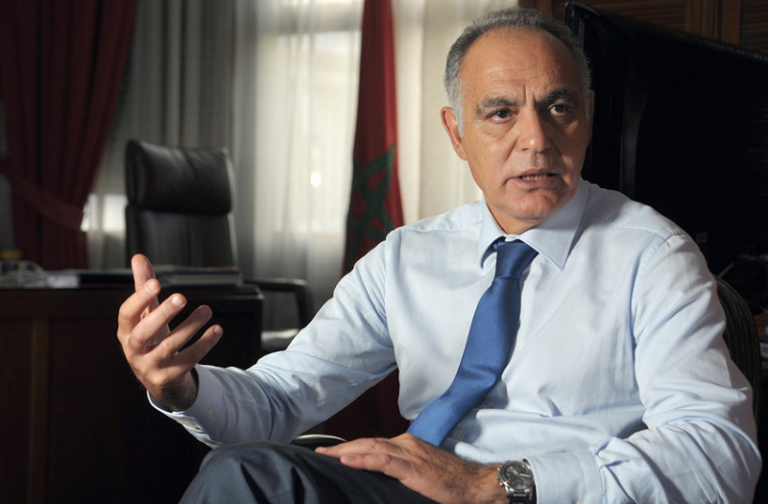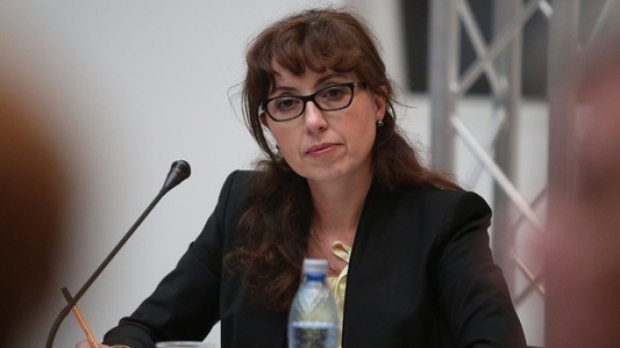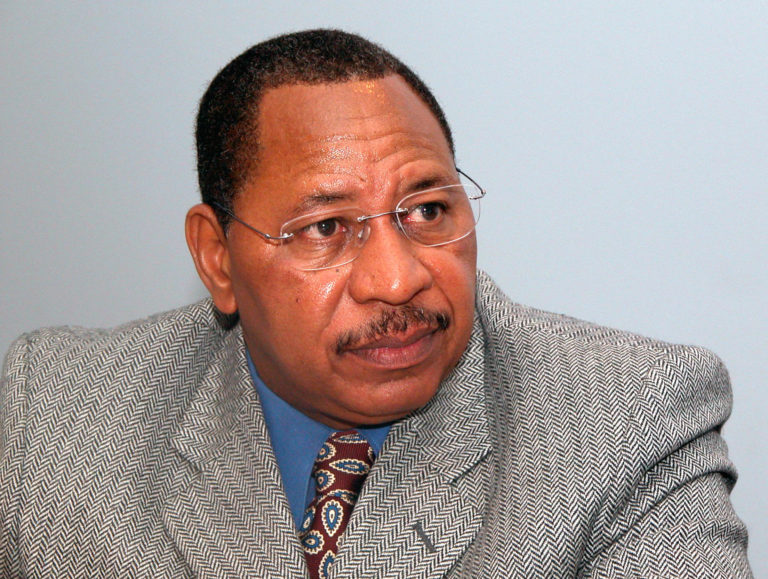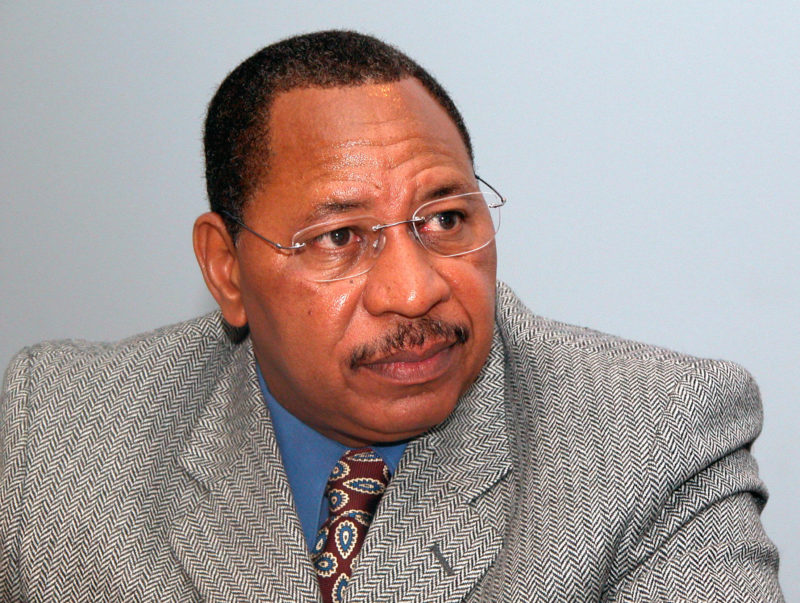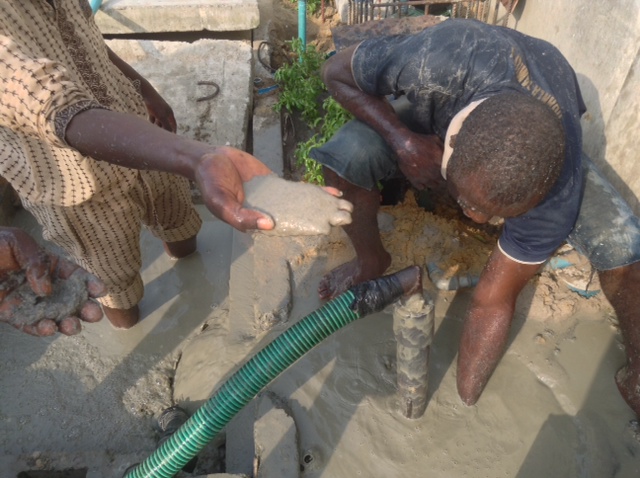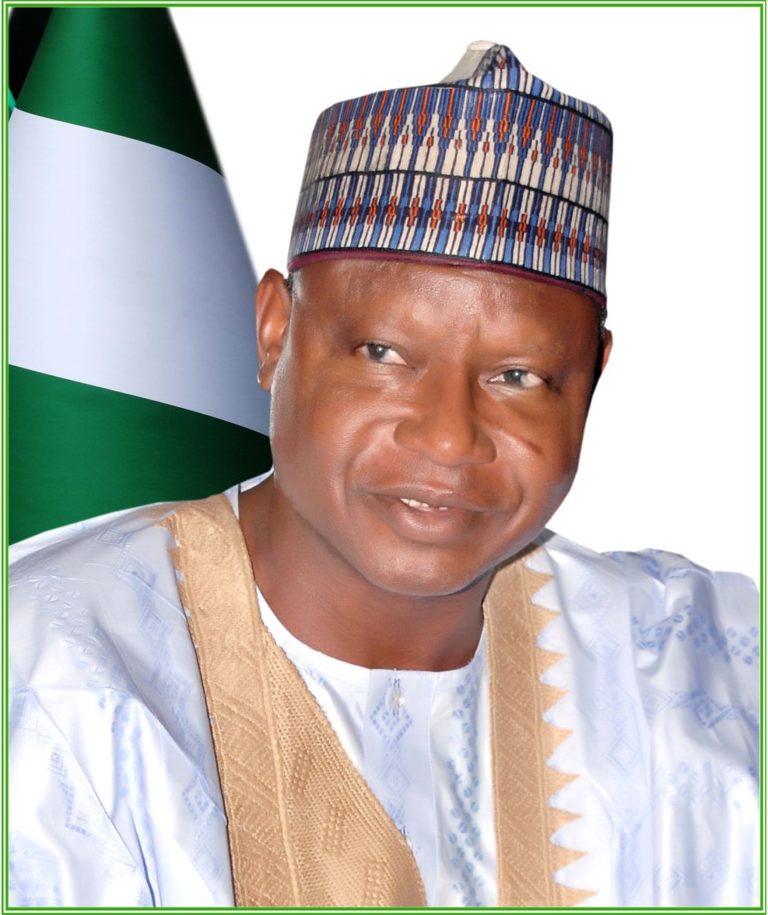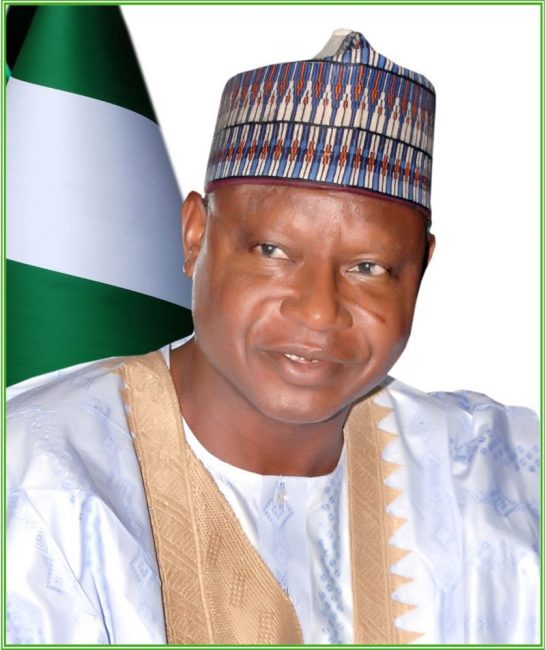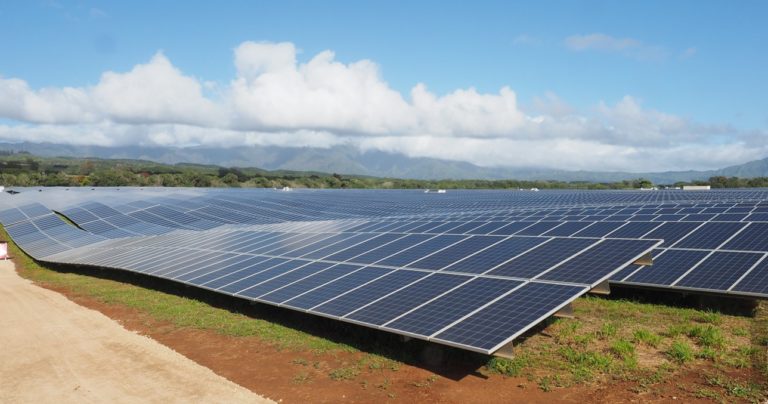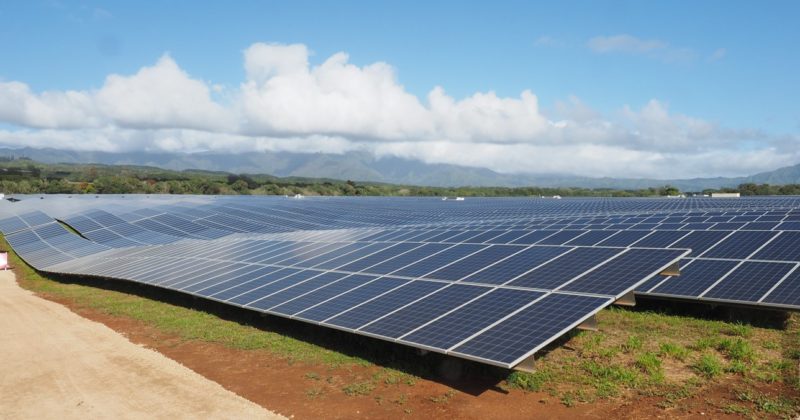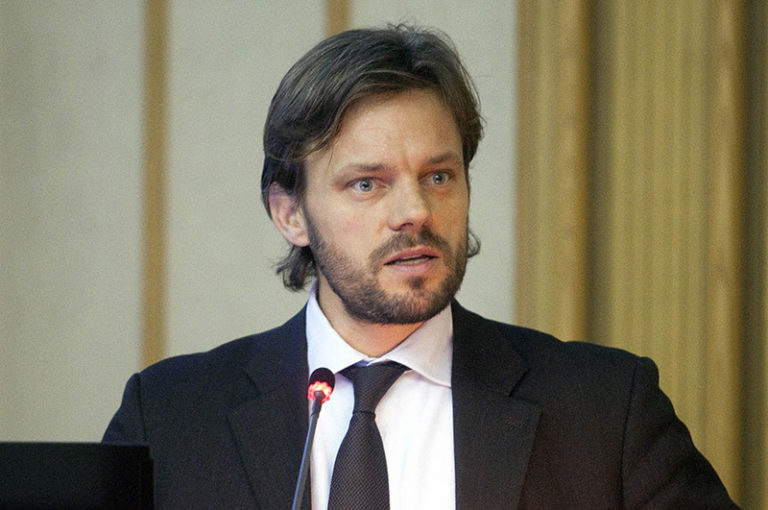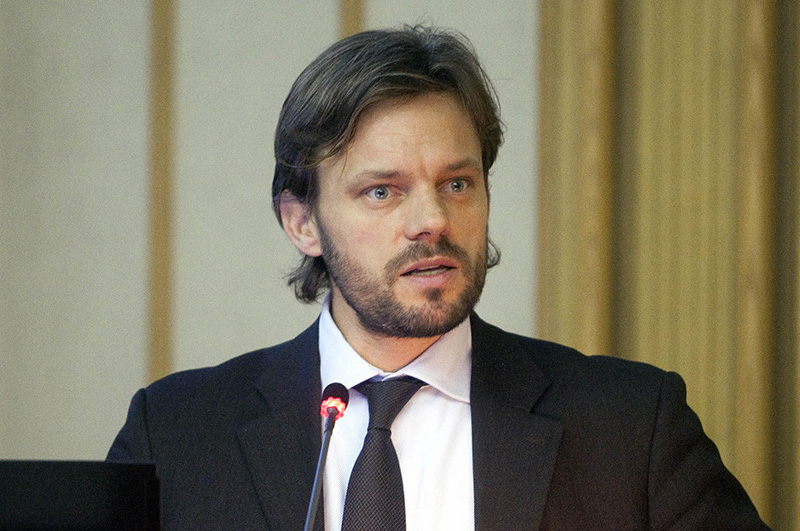COP22 President and Morocco’s Minister of Foreign Affairs, Salaheddine Mezouar, presided over a meeting of the COP22/CMP12/CMA1 Bureau, on Friday, March 17 2017 in Rabat, Morocco, that included the participation of the international members of the COP22/CMP12/CMA1 Bureau, a high-level delegation from the United Nations Framework Convention on Climate Change (UNFCCC) headed by Executive Secretary, Patricia Espinosa and the chairs of the two permanent subsidiary bodies of the Convention; the Subsidiary Body for Scientific and Technological Advice (SBSTA) and the Subsidiary Body for Implementation (SBI), in addition to Ambassador Deo Saran representing the incoming COP23 Fiji Presidency.
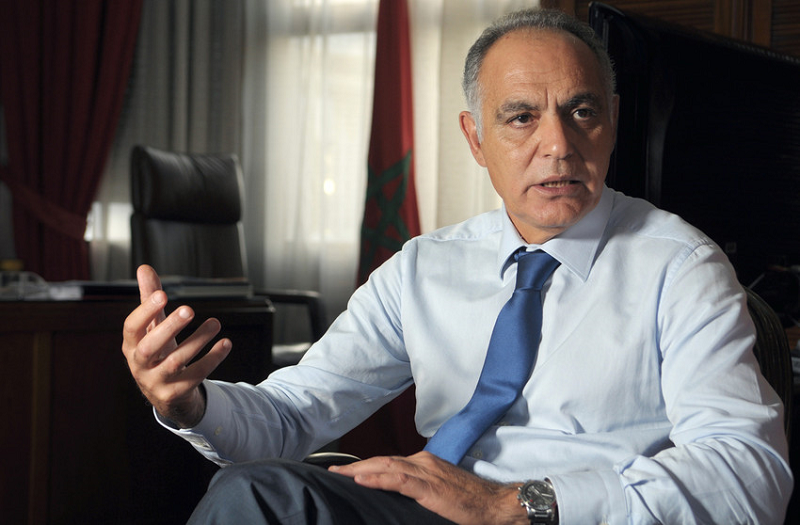
This meeting served as an opportunity to review the outcomes of COP22 and the initiatives of the Moroccan Presidency that will continue to exercise the function until November 2017, as well as to advance preparations for the forty-sixth sessions of the SBSTA and the SBI and the third part of the first session of the Ad Hoc Working Group on the Paris Agreement (APA) to be held from 8-18 May 2017 in Bonn, Germany, headquarters of the UNFCCC Secretariat. The meeting was also an occasion to exchange on expectations for COP23 to be organized by Fiji in Bonn from 6-17 November 2017.
The President emphasised the continued commitment of governments to the Paris Agreement, which has now been ratified by 134 parties. He also highlighted that COP22 strengthened the role of the private sector and civil society and that their commitment to climate action is essential to move forward towards a low carbon future.
“Work continues after Marrakech and we continue to make progress on our established roadmap and focus on climate finance. COP22 was on African soil and surpassed expectations. The success of Marrakech was the result of commitments from all stakeholders, consolidation around the implementation of the Paris Agreement and the role of non-state actors in climate action” declared Salaheddine Mezouar.
He updated the bureau on the financial roadmap as well as on some of the concrete initiatives supported by the Moroccan presidency, including the creation of the Blue Fund for the Congo Basin, the ad-hoc committees’ ambitious regional project in the Sahel, and support to Small Island Developing States.
At the COP22 Marrakech conference, governments confirmed their commitment to make rapid progress towards full implementation of the Paris Climate Change Agreement, the first universal agreement which aims to prevent global warming rising beyond humanity’s ability to manage the impacts. This new era of implementation and action for climate and for sustainable development was captured in the Marrakech Action Proclamation.
“The next two years must see major progress towards the low carbon, sustainable development model which offers the only realistic path to security and well-being for everyone. Marrakech showed that governments, business and civil society together are acting to achieve that timetable,” said Patricia Espinosa, Executive Secretary of UNFCCC.
The May Sessions in Bonn will be an opportunity to advance work on the Paris Agreement Rulebook and Facilitative Dialogue both scheduled for completion by 2018.

